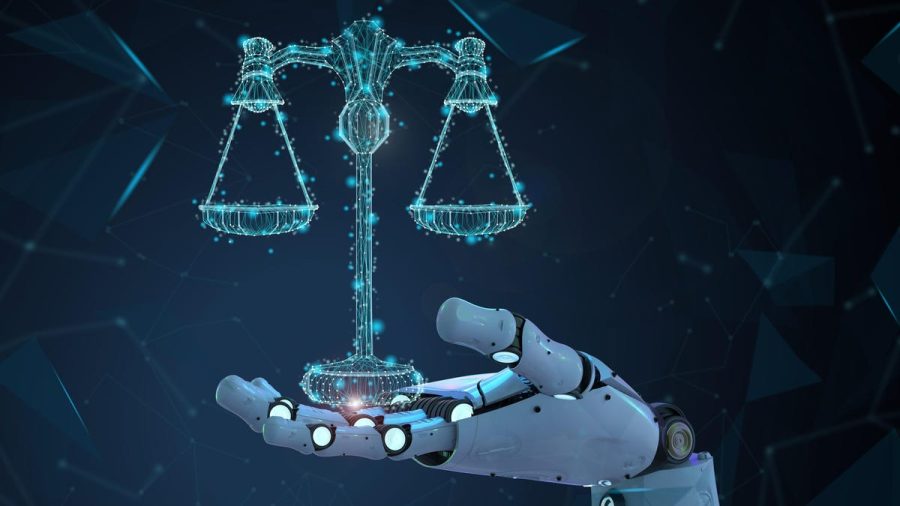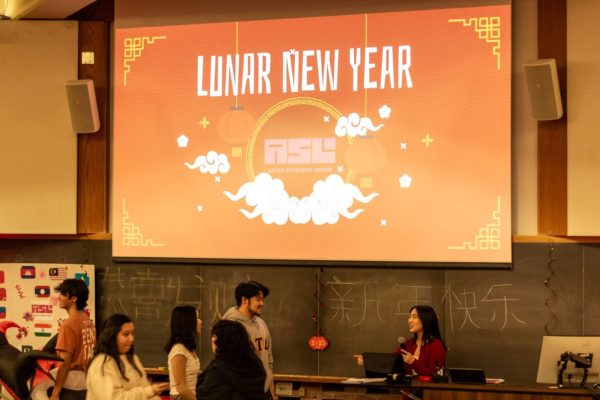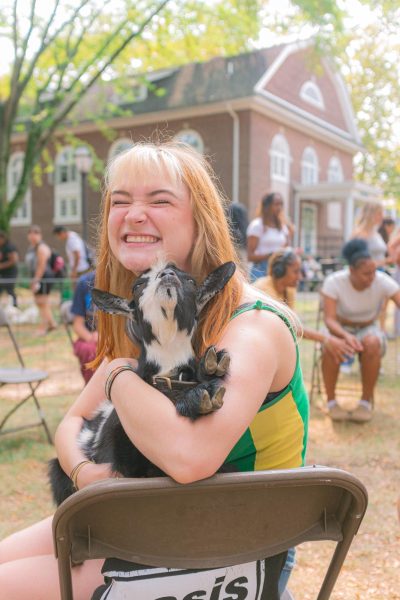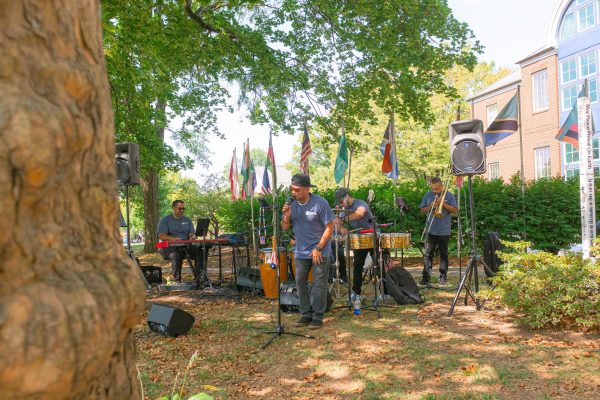The Legality of AI-Generated Material
With the recent surge and advancement of artificial intelligence, a whole new can of worms has opened up over the moral and ethical implications of using applications such as Midjourney, Stability AI, and, of course, ChatGPT. With that, these recent advancements have opened up a whole new sea of legal questions specifically as it relates to copyright.
There are two fundamental questions at play here. First, can AI-generated material be copyrighted? Second, is using generative AI to make pictures, sound, or writing copyright infringement?
There sadly isn’t concrete answers to these questions because this is completely unexplored territory for everyone, including the courts.
First, AI cannot own a copyright. This means that AI-generated material cannot be copyrighted by the AI itself. The US copyright office requires that for something to be copyrighted, it has to have a human author. Sorry R2-D2; your excellent poems sadly can’t be copyrighted.
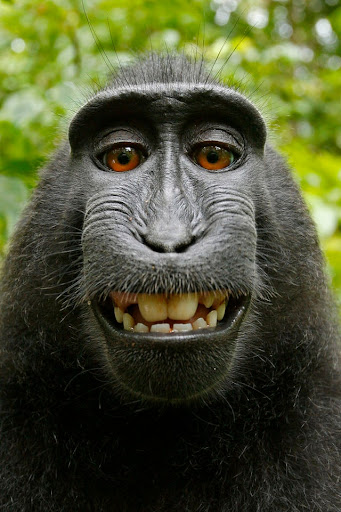 You may recall the case where a monkey took this incredible selfie. Even funnier is the fact that he just looks like your average Brit on a Monday, and his name (you will never guess it) is Naruto. After taking his selfie, PETA argued that Naruto should own the copyright to it, which sparked the case of Naruto vs Slater. In the end, a district court ruled to dismiss the case saying that poor Naruto lacked the necessary human authorship to obtain a copyright.
You may recall the case where a monkey took this incredible selfie. Even funnier is the fact that he just looks like your average Brit on a Monday, and his name (you will never guess it) is Naruto. After taking his selfie, PETA argued that Naruto should own the copyright to it, which sparked the case of Naruto vs Slater. In the end, a district court ruled to dismiss the case saying that poor Naruto lacked the necessary human authorship to obtain a copyright.
While an AI can’t hold a copyright itself, can a human hold a copyright over AI-generated material? It honestly depends.
For something to be copyrighted, it has to be an original work of authorship. This means that on paper, one can assume that AI-generated material may not be able to be copyrighted at all because it wasn’t made by a human. But it might not be as cut and dry as it seems.
In the case of Feist v Rural, the Supreme Court ruled that in order to have a copyright, a work must have a modicum of creativity. The problem with that is it’s actually kind of hard to define what exactly a modicum of creativity actually is. It’s made even more complicated when considering how pictures like selfies (sorry Naruto) are considered copyrightable.
I don’t think it’s controversial to say that a selfie doesn’t require much creativity, considering that even a chimp could do it! With AI, the argument could feasibly be made that a work generated by AI satisfies the modicum of creativity threshold since the user had to think of and write a prompt for AI to use. No offense to my man Naruto, but if his Saturday morning Facebook status update meets that minimum requirement for creativity, then a prompt for ChatGPT also possibly can.
What courts are faced with now is what defines the boundary between what exactly constitutes human authorship as the boundary between computer and human draws closer. As of right now, it seems the tentative answer is that AI-generated art or writing does not meet the threshold for creativity or human authorship. A comic called “Zarya of the Dawn” lost its copyright protections since all the art was generated by Midjourney. Other cases have popped up, but the US Copyright Office remains firm that AI art is not copyrightable.
This also leaves another question, though. Is AI art and writing copyright infringement? If so, who is responsible?
While not through an explicitly legal lens, I discuss that first question in my article, discussing the negatives of generative AI.
In terms of finding who is liable for the infringement, it’s hard to find an answer. The person writing the prompt didn’t knowingly take from other sources without permission, but they still did nonetheless. The AI itself was programmed by a team to analyze and learn from a specific dataset, so could it be the programmers’ fault? It’s a question that’s genuinely confounding because both parties are and aren’t guilty, it seems.


